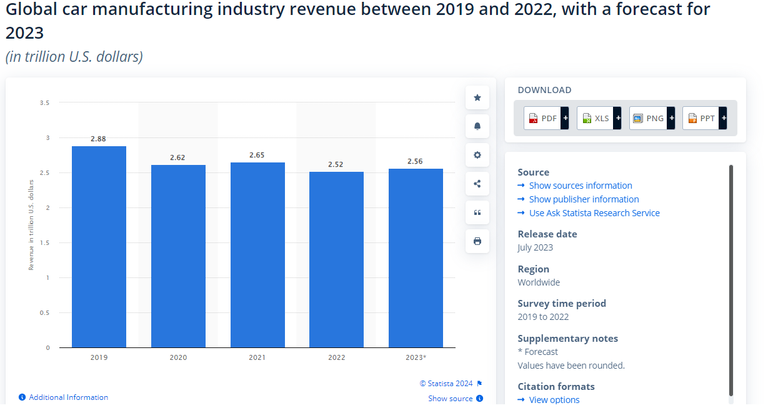Why hasn't technology totally taken over? If we solved the self driving problem in 2003, why do we not have it today in spite of the industry spending somewhere around $75 billion (and growing)?
With all the advancement, how come the lives of most people are primarily the same?
This is what we are going to undertake in this article.
Technology Is Going Mainstream
Much of the answer to these questions lies in the fact that, so far, we are looking at niche markets.
Make no mistake, there was enormous disruption due to technology. The difference is that it was rather niche in its impact, delving into areas that, proportionately speaking, do not have that big an economic totality.
For example, notice how telecommunications changed. When was the last time you received a long distance phone bill? These are pretty much non-existent. This use to be an industry that was worth billions per year in billing.
What about music? Most people are not spending thousands of dollars on devices to play their music. Nor are most spending on the songs themselves. While there might be a subscription fee, that is it.
Again, we are dealing with an industry that was worth billions each year.
Let us toss up one more example: photography.
There was a time when we would have to buy special devices to take pictures. They were film, which had a cost. One the photos were taken, the film was developed (another cost). After dropping the film off, a day or two later we could pick up the physical pictures.
What was described is gone. It was also small potatoes.
As mentioned they were worth billions of dollars each year. Yet that is still minor compared to some other industries.
For example, look at the revenues from the global automotive industry.
Here we are looking at something that generates around $2.5 trillion each year. Healthcare is another one. So is construction. These are industries that, once disrupted, will cause a massive shift.
This is why I say that, up to this point, most of what we are dealing with was niche market. The big stuff is still hanging out there.
Robotics And AI
This is a topic of frequent discussion and I think for good reason. There is a ton of activity taking place and, more importantly, progress being made.
We were able to see ChatGPT integrated into a robot so that it could handle some primitive conversation. This was a major break through and something we can expect to happen across the board.
NVIDIA also made headlines with its latest announcement of a line of bots that would basically system agnostic. They are looking at building the infrastructure that other platforms can stack upon.
My forecast is that we no longer be dealing with niche markets when it comes to technology. The major ones, i.e big dollars, are going to be disrupted like everything else. Here is where society will see a massive shift.
So what can we expect?
To start, this is going to be massively deflationary. Notice how the cost of music, communication, and video has come down. This will be repeated with energy, transportation, and food.
That is something that few discuss but one of the characteristics of technology is deflation. Ultimately, it pushes prices to either zero or near zero.
Just consider what happened to the cost of getting an article created. A chatbot can generate one that only requires a bit of editing in a few minutes, including the prompts.
Timing is difficult to judge since we have no idea how long it will take until we see humanoid robots entering production. By this, we are not talking a few hundred; that is still prototyping. Instead, we are looking at the time when a company decides it is going to work on production a few hundred thousand.
One that happens, we can presume the others will follow suit. This is not going to be a one (or even two) horse race. There will be a lot of companies involved, in many different capacities.
The other question is scaling. Getting to a couple hundred thousand could happen in under a year, or take five. If it is the latter, obviously the impact is slowed.
My guess is this is going to happen quicker than people think. I would not be surprised that, within 5 years, we will start setting forecasts (and they be reasonable) of when we will have 1 billion bots manufactured in a year. That is going to require automation throughout the entire robot supply chain something that could happen from the start.
The beginning stages will see industrial capacity explode. That is the first market in my opinion. As much as we love the idea of personal humanoid robots in our homes, I don't thing that will be the first market. The money is within industries. We are also seeing a shortage of workers in particular job segments, something that will likely be addressed first.
By the middle of the next decade, society will be completely revamped. It is unlikely that much is still the same. We are in the technological cycle where society sees massive impacts due to technology. We have not seen this since the 1980s and 1990s.
It is going to be a wild ride. Things are really starting to ramp up.
Posted Using InLeo Alpha
